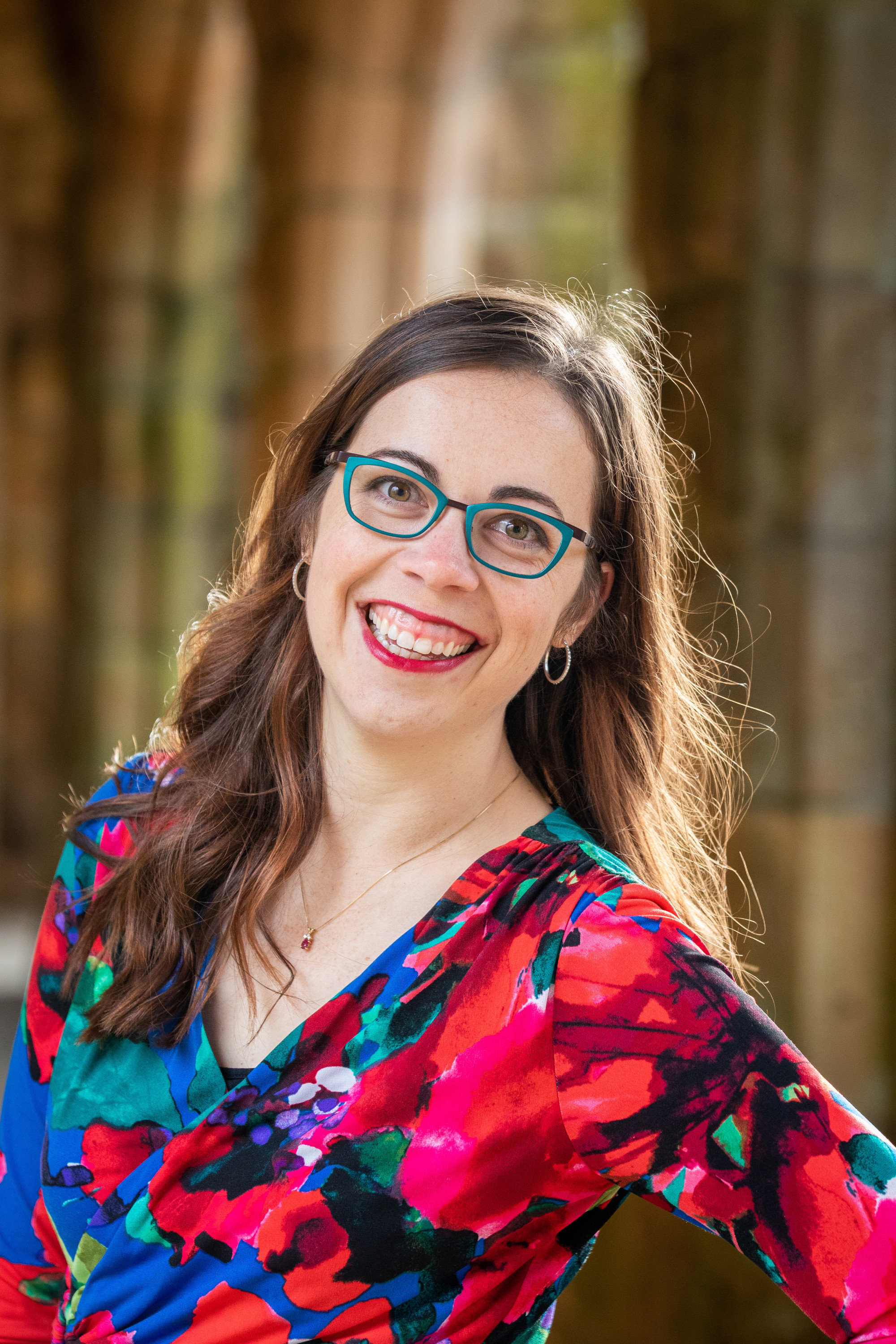 Visiting Assistant Professor of Rhetoric
Visiting Assistant Professor of Rhetoric
Director of Dialog Across Difference Program
B.A. Creighton University; M.A., Colorado State University; Ph.D., University of Colorado
llreinig@sewanee.edu
about
Dr. Lydia Reinig is Visiting Assistant Professor in the Rhetoric Program, and Director of Dialogue Across Difference Programs in the Office of Civic Engagement at Sewanee: The University of the South. She holds a Ph.D. from the University of Colorado Boulder in Communication, where she focused on public participation in governing energy system transformation. She holds an M.A. in Communication Studies from Colorado State University, and a B.A. in Communication Studies from Creighton University—programs where she was first exposed to both the theories and practices of dialogue and deliberation, as well as the broad rhetorical tradition of the communication discipline. Motivated by the question, ‘how do we make possible meaningful civic conversations necessary for a democratic society?’ her research and teaching explore how situated communication practices foster and constrain democratic action.
teaching
Before moving to Sewanee, Dr. Reinig was a Postdoctoral Research and Teaching Associate at the University of New Hampshire’s Civil Discourse Lab (CDL). There she developed an undergraduate curriculum in civil discourse, public dialogue and deliberation, and qualitative inquiry; conducted research on ways of sustaining dialogue in the face of polarization; and collaborated on cocurricular programming that prepared students to design and facilitate meaningful conversations about difficult topics.
She brings a broad range of teaching experiences from across both the rhetorical and social scientific orientations of the communication discipline.
At Sewanee, she teaches Public Dialogue and Democratic Deliberation in the Rhetoric program—a community-engaged learning course that provides students opportunities to design, convene, and facilitate deliberative dialogue in the community.
courses taught
- RHET 431: Public Dialogue and Democratic Deliberation
scholarship
Dr. Reinig’s scholarship is focused on the intersections of civic dialogue and democratic governance, often in the context of public participation in local environmental policies. Her dissertation, “Participating in Boulder’s Energy Future,” won the 2020 Dissertation of the Year Award from the National Communication Association’s Language and Social Interaction Division.
As a ‘pracademic,’ she seeks to bridge communication theory with practical interventions to encourage stakeholder participation. Namely, she was part of designing public participation interventions with the City of Boulder, Colorado, which was recognized by the International Association for Public Participation (IAP2) in 2019 for their innovation and inclusion of diverse stakeholders. While at UNH, she was part of working with faculty and students to design a range of deliberative dialogues on complex social problems.
select publications
- *Reinig, L., *Heath, R. G., & Borda, J. L. (2023). Rethinking polarization: Opening and the possibility for sustaining dialogue. Communication Monographs 90(2), 181–204. doi: 10.1080/03637751.2022.2164320 *these authors contributed equitably to the publication of this manuscript
- Reinig, L. & Sprain, L. (2019). Note-taking as communication design: Promoting democratic processes. Journal of Applied Communication Research, 47(6), 648–666. doi: 10.1080/00909882.2019.1690667
- Na’puti, T. R., Pezzullo, P. C., Sprain, L., & Reinig, L. (2018). On climate math and community engagement: Lessons from Boulder’s 2016 Climate Action Plan. Journal of Argumentation in Context, 7(3), 316–346. doi: 10.1075/jaic.18020.nap
- Boromisza-Habashi, D. & Reinig, L. (2018). Speech genres and cultural value in the Anglo-American public speaking course as a site of language socialization. Journal of International and Intercultural Communication, 11(2), 117–135. doi: 10.1080/17513057.2018.1428765
- Sprain, L. & Reinig, L. (2018). Citizens speaking as experts: Expertise discourse in deliberative forums. Environmental Communication, 12 (3), 357–369. doi: 10.1080/17524032.2017.1394894
Find out more about her work in the Dialogue Across Difference Program here.

